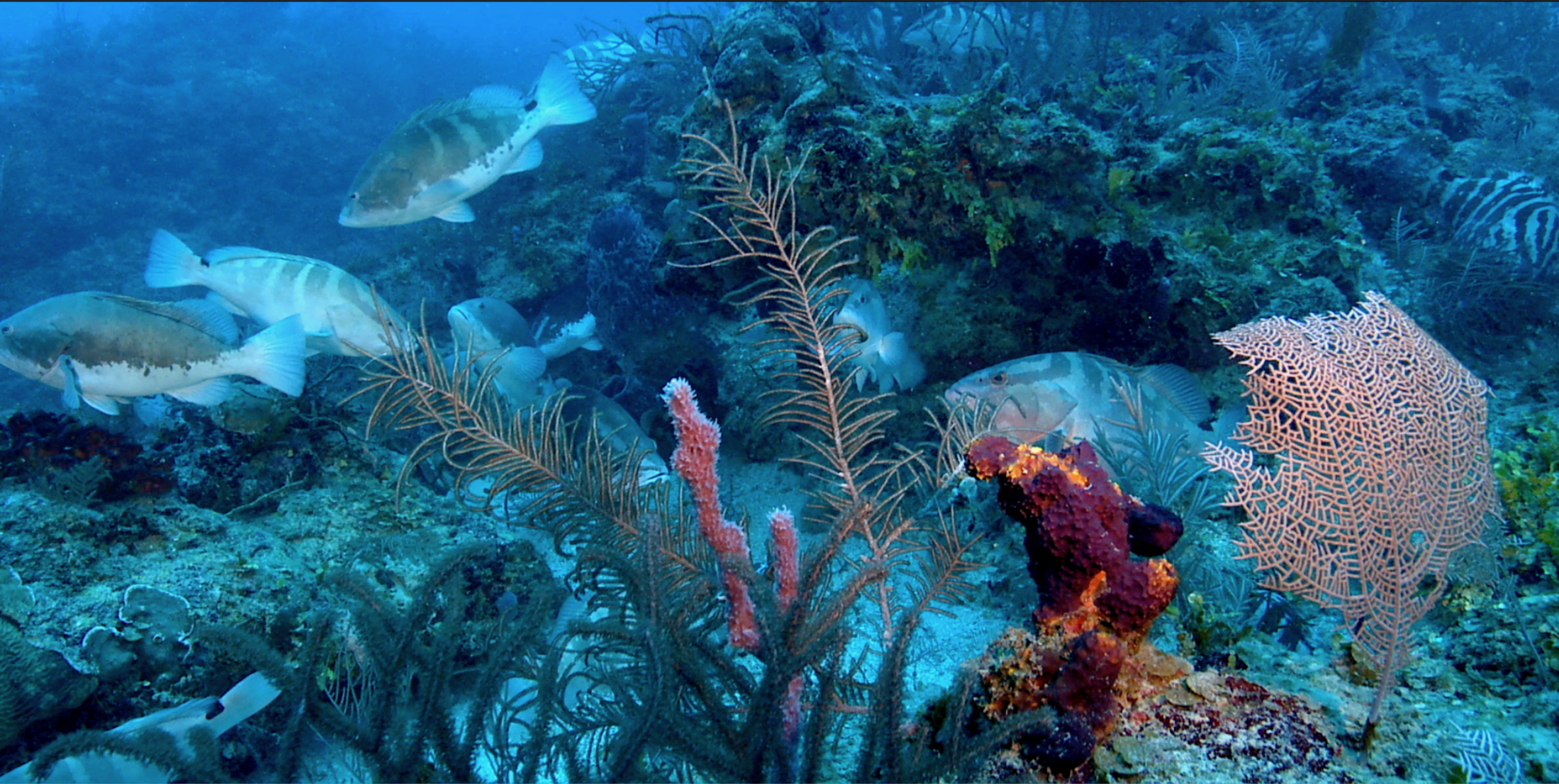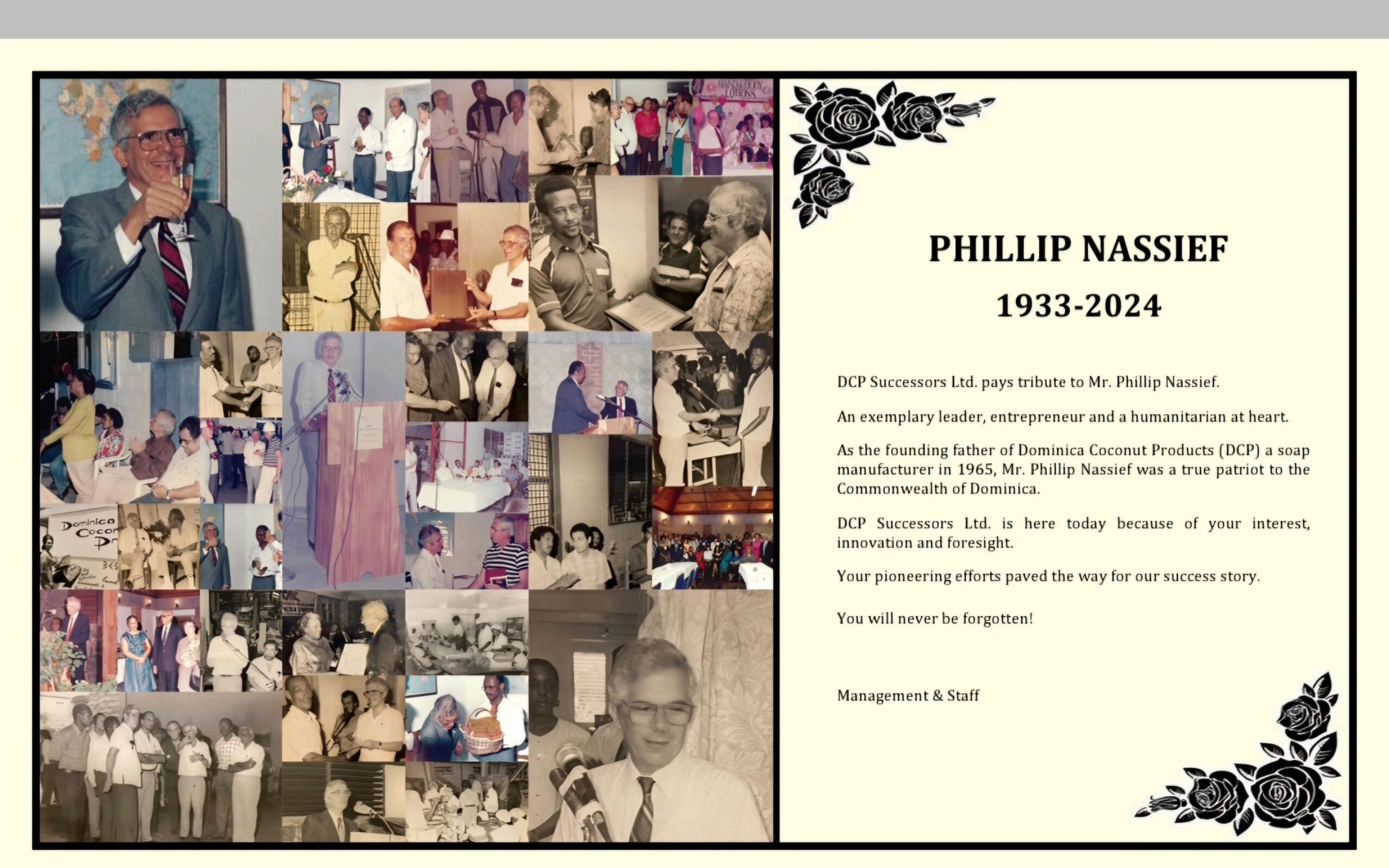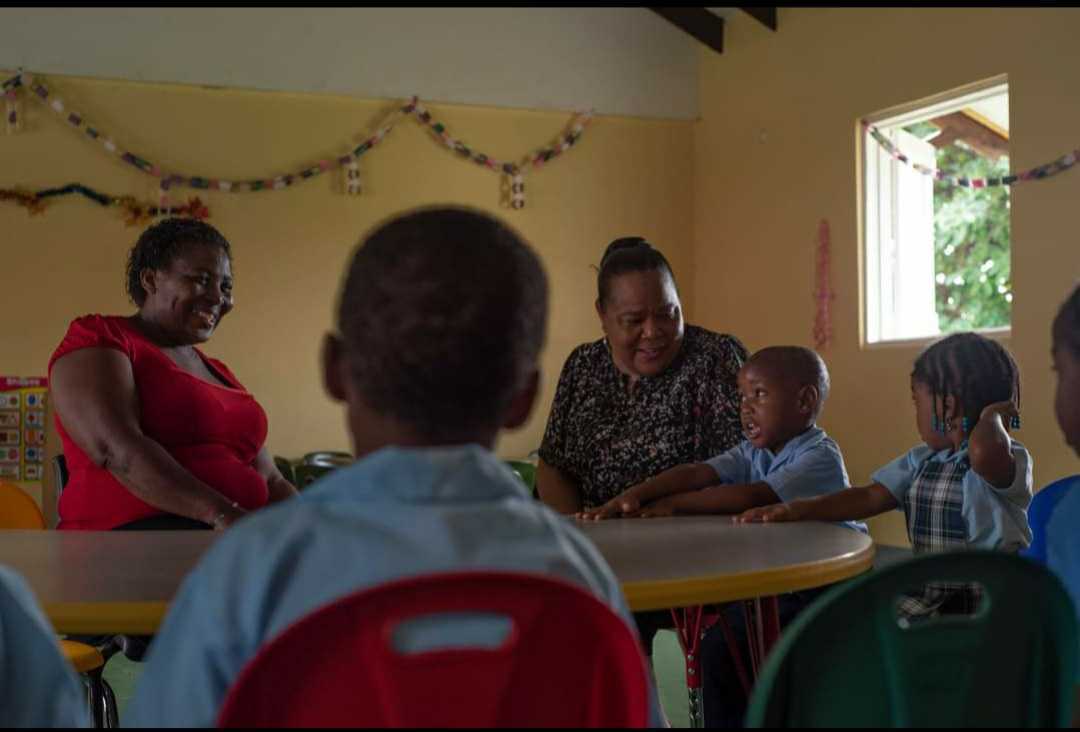
04 November 2020 – San Juan, Puerto Rico – The Working Group on Spawning Aggregations (SAWG) of the Western Central Atlantic Fishery Commission (WECAFC), will convene a virtual meeting on November 9 and 10, 2020. The meeting hosted by the Caribbean Fishery Management Council (CFMC) based in San Juan, Puerto Rico, will gather about 35 government officials and scientists from the Caribbean Regional Fisheries Mechanism (CRFM), Central America Fisheries and Aquaculture Organization (OSPESCA) and more than a dozen WECAFC member countries.
The main purpose of the meeting will be to discuss, finalize and support implementation of two of SAWG’s major interventions and strategies designed to mitigate pressure on Fish Spawning Aggregations (FSA). By doing so, it will in turn provide sustainability of the fisheries resources in the region and the communities and economies that depend on them.
One of the main discussion topic of the meeting include a Regional Fishery Management Plan for Spawning Aggregation (FSAFMP). The FSAFMP offers various management recommendations, including regionally harmonized closed seasons to protect stocks of Nassau Grouper and Mutton Snapper from fishing during their respective spawning periods, along with a Regional Communication Strategy that supports fish spawning aggregation recovery.
Spawning aggregations of reef fish, mainly groupers and snappers, have high ecological, biological and socio-economic value and are significant for marine biodiversity in the region. Indeed, many reef fish species transcend boundaries of over 40 nations that are connected by ocean currents and intertwined economies. Millions of people in communities and nations throughout the Western Central Atlantic depend on coral reef fisheries for food security and sustainable livelihoods from fishing and tourism industries.
Dr William Heyman, LGL Ecological Research Associates is the Convener of the Working Group, and noted that spawning aggregations are highly vulnerable to fishing when the entire breeding stock is gathered in small and discrete locations and times. Nassau grouper, an iconic aggregating species was once the most important fishery in the region, but, resulting in large part from aggregation fisheries, is now listed as critically endangered by the International Union for Conservation of Nature. The lack of regional awareness of the issue and insufficient management are contributing to declines in most areas.
Participant countries will present the current status of fish spawning aggregations in their respective countries including information on the biology, socioeconomic conditions and governance and management of aggregating species.
Dr Croy McCoy, Department of the Environment in the Cayman Islands will present a case study of Nassau grouper spawning aggregation management experiences, based on his personal involvement. He will illustrate the recovery of Nassau grouper that has resulted from science, community education, and successful management interventions and serve as guidance and inspiration for member countries. To illustrate the importance of the fish spawning aggregations, Dr McCoy advised, “Manage your FSA’s like you would manage your bank account, keep them both topped up and live off the interest, they are the maternity wards of our oceans”.
Participants will also hear results from a CFMC funded regional study requested by the Commission, on the ecological importance of parrotfish for reef maintenance, and the status of stocks and fisheries along with management recommendations.
Dr Yvette Diei Ouadi, Secretary of WECAFC, once again praised the longstanding strong partnership with CFMC, the leadership of its executive director, Mr Miguel Rolon, the funding support for this working group, but also in other intersessional interventions that generate the best scientific and technical information in other socio-economically and environmentally important fisheries for the wider Caribbean region, such as queen conch. She underscored how this collaborative framework has been contributing to the Commission’s objective of ensuring effective conservation, management and development of the living marine resources and address common problems of fisheries management and development faced by its 34 members.
The outcome of the deliberations will be tabled at the 18th Session of the Commission scheduled for summer 2021 for formal endorsement by WECAFC members, to ensure that the actual benefits of these fisheries for food and nutrition security, income earning, livelihoods and healthy ecosystems is effectively secured and protected.










